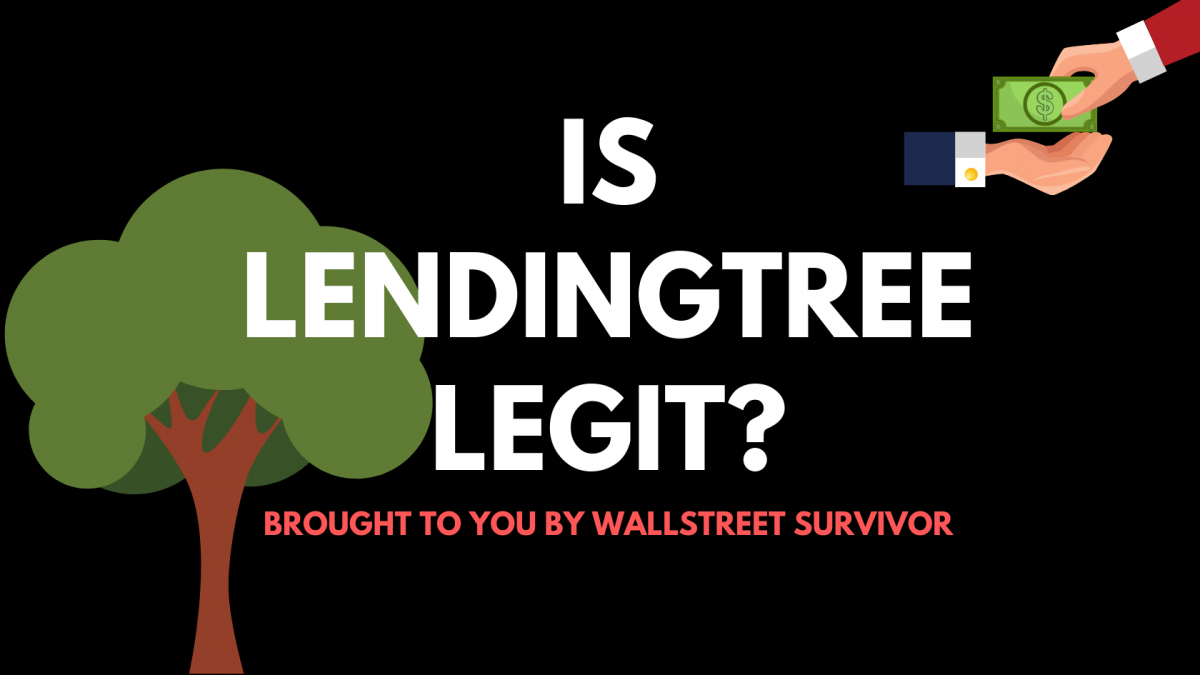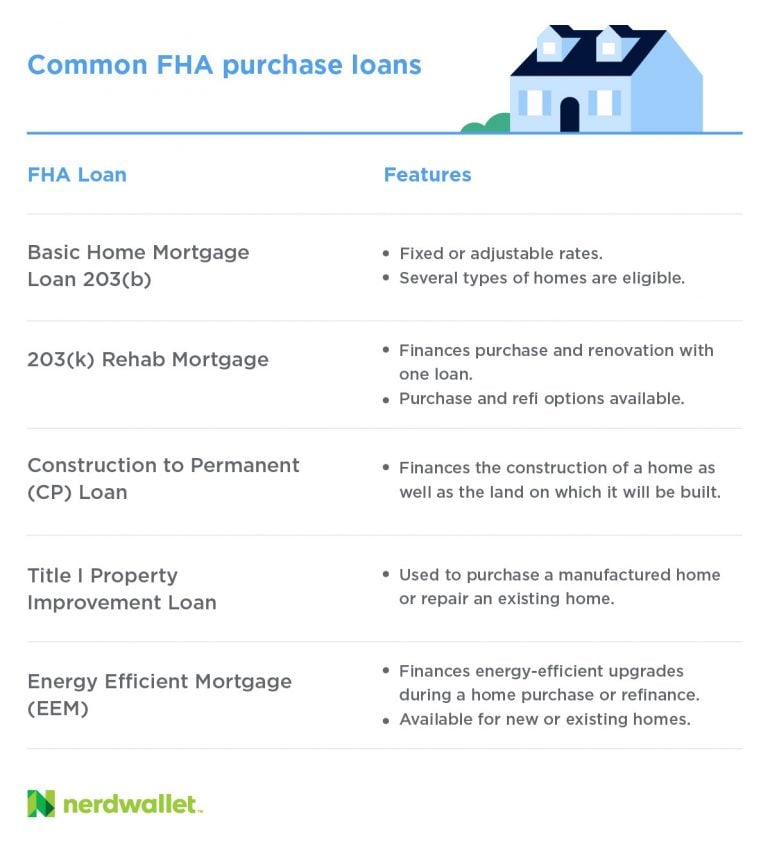Initially, let's discuss what a reverse mortgage is. A reverse home loan is developed to enable senior older homeowners who own all or most of their residential or commercial property to withdraw some of the equity from the house for individual use Recipients can pick to get the money as a swelling amount, in regular monthly installations, or as a credit line.
As it is only available to residents over the age of 62, it is indicated to be the last loan a person will get on their house in their life time. A reverse home loan needs to be repaid when the home stops to be the loan recipient's main house. This can take place when the recipient moves, scales down, has been in the medical facility for over a year, or dies.
Usually, one of 4 things takes place: 1. The recipient's life insurance coverage policy is used to pay off the balance of the reverse home mortgage. 2. The recipient's beneficiaries sell the property and use the earnings to pay off the balance. If the home costs more than the loan was worth, the beneficiaries keep the remaining equity.
3. The recipient's beneficiaries refinance and secure a brand-new home mortgage on the home in order to keep the home. (It is possible to have both a reverse home loan and a regular mortgage on the same home, as long as the regular mortgage has a low loan balance). 4. If the beneficiaries take no action within the allotted time period, the bank will foreclose on the house to recover the loan.
Excitement About Who Took Over Abn Amro Mortgages
Make certain to look carefully at the terms of a reverse home loan before taking one out, as some loans can carry high fees and rates of interest.
If you take out a reverse home mortgage, you can leave your home to your heirs when you die, however you'll leave less of a possession to them. Your heirs will likewise need to deal with paying back the reverse home mortgage, and they could deal with major problems at the same time, otherwise the loan provider will foreclose.
A "reverse" home loan is a specific type of loan in which older property owners convert a few of the equity in their home into money. The cash is generally dispersed in the form of a swelling sum (subject to some constraints), regular monthly quantities, or a credit line. You can likewise get a combination of regular monthly installments and a credit line.
This kind of loan is various from routine "forward" home loans since with a reverse mortgage, the lender makes payments to the property owner, instead of the homeowner making payments to the loan provider. Since the house owner gets payments from the loan provider, the house owner's equity in the property decreases with time as the loan balance gets larger.

6 Easy Facts About What Are Brea Loans In Mortgages Shown
With a HECM, the loan has actually to be paid back when among the following occasions takes place: the borrower passes away the house is no longer the customer's primary home (or the borrower vacates completely or leaves due to health reasons for 12 consecutive months or longer) the borrower offers the house (or transfers title), or the customer defaults on the terms of the loan, like by failing to keep up with insurance premiums or home taxes.
However they won't get title to the home totally free and clear because the property undergoes the reverse home loan. So, say the property owner passes away after getting $150,000 of reverse home loan funds. This means the successors acquire the house topic to the $150,000 debt, plus any fees and interest that has accrued and will continue to accrue till the debt is paid off.
1. Repay the loan. (With a HECM, the beneficiaries can pick to pay back 95% of the assessed worth themselves and keep the house. FHA insurance will cover the staying loan balance.) 2. Sell the home and utilize the profits to repay the reverse mortgage. (With a HECM, the heirs can offer the house for the complete amount of financial obligation owed on the loan or a quantity that is at least 95% of the present assessed value of the residential or commercial property.) 3.
4. Do absolutely nothing and let the lending institution foreclose. According to an USA Today article from December 2019, beneficiaries who desire to pay off a reverse home mortgage and keep the house typically deal with months of bureaucracy and disappointment when dealing with the loan servicer. Substandard loan maintenance practices typically prevent what need to be regular paperwork, financial obligation computations, and interactions with customers or heirs.
More About How Did Clinton Allow Blacks To Get Mortgages Easier
The servicer likewise designated the house as vacant and turned off the water in the name of property conservation, and scheduled a foreclosure sale. This scenario is not unusual. The U.S. Department of Housing and Urban Advancement (HUD), the regulator of HECMs, has standards that state servicers of these loans ought to notify survivors and heirs of their alternatives and resolve the loan within 6 months of a death.
If they're offering the home and it's still on the market after 6 months, or they're still actively looking for financing, beneficiaries can get in touch with the servicer and demand a 90-day extension, based on approval by HUD. One more 90-day extension can be requested, again with HUD's approval. But that guidelines do not avoid the servicer from pursuing a foreclosure throughout this time.
While you face hold-ups or roadblocks due to a concern with the residential or commercial property's title, an upcoming foreclosure, or a lack of info from the servicer, you'll need to pay for the house's upkeep, taxes, and insurance coverage, and interest and fees will continue to accrue on the financial obligation while you attempt to exercise any of the above alternatives (what is the interest rate today on mortgages).
Reverse home loans are made complex and are typically not the finest option for older property owners looking for access to additional money. Prior to getting a reverse home loan and using your house equity, you should make sure to explore all of the choices available to you. For circumstances, you may receive a state or regional program to decrease your costs or you could think about scaling down to a more inexpensive home.
The Best Strategy To Use For When Do Reverse Mortgages Make Sense

aarp.org/revmort. Despite the fact that Click for more info you'll have to finish a counseling session with a HUD-approved counselor if you wish to get a HECM, it's likewise highly advised that you consider talking with a monetary organizer, an estate planning lawyer, or a customer defense lawyer before securing this kind of loan.
Upon the death of the borrower and Eligible Non-Borrowing Partner, the loan ends up being due and payable. The beneficiaries have thirty days from getting the due and payable notification from the lending institution to buy the home, sell the house, or turn the house over to the lender to satisfy the financial obligation.
Your heirs can consult a HUD-approved real estate counseling agency or an lawyer to learn more. Some successors may lack funds to settle the loan balance, and may require to sell the house in order to pay back the reverse mortgage. With a reverse home loan, if the balance is more than the home is worth, your heirs don't need to pay the difference.